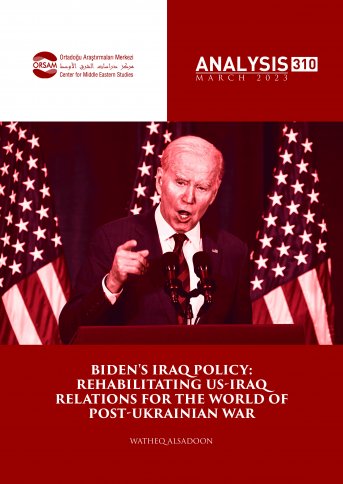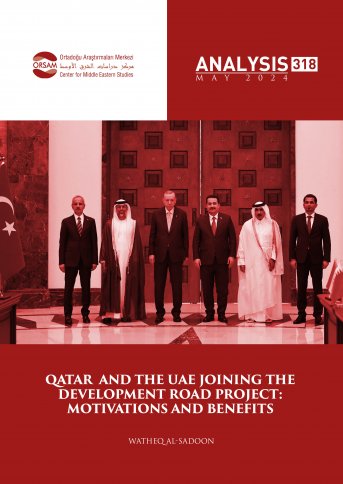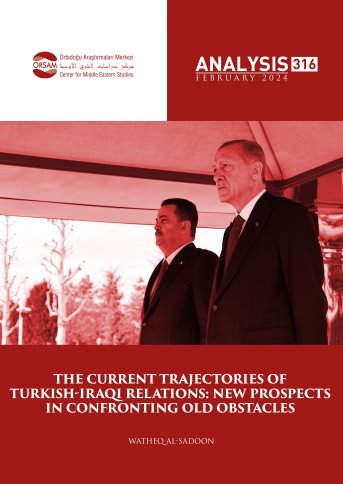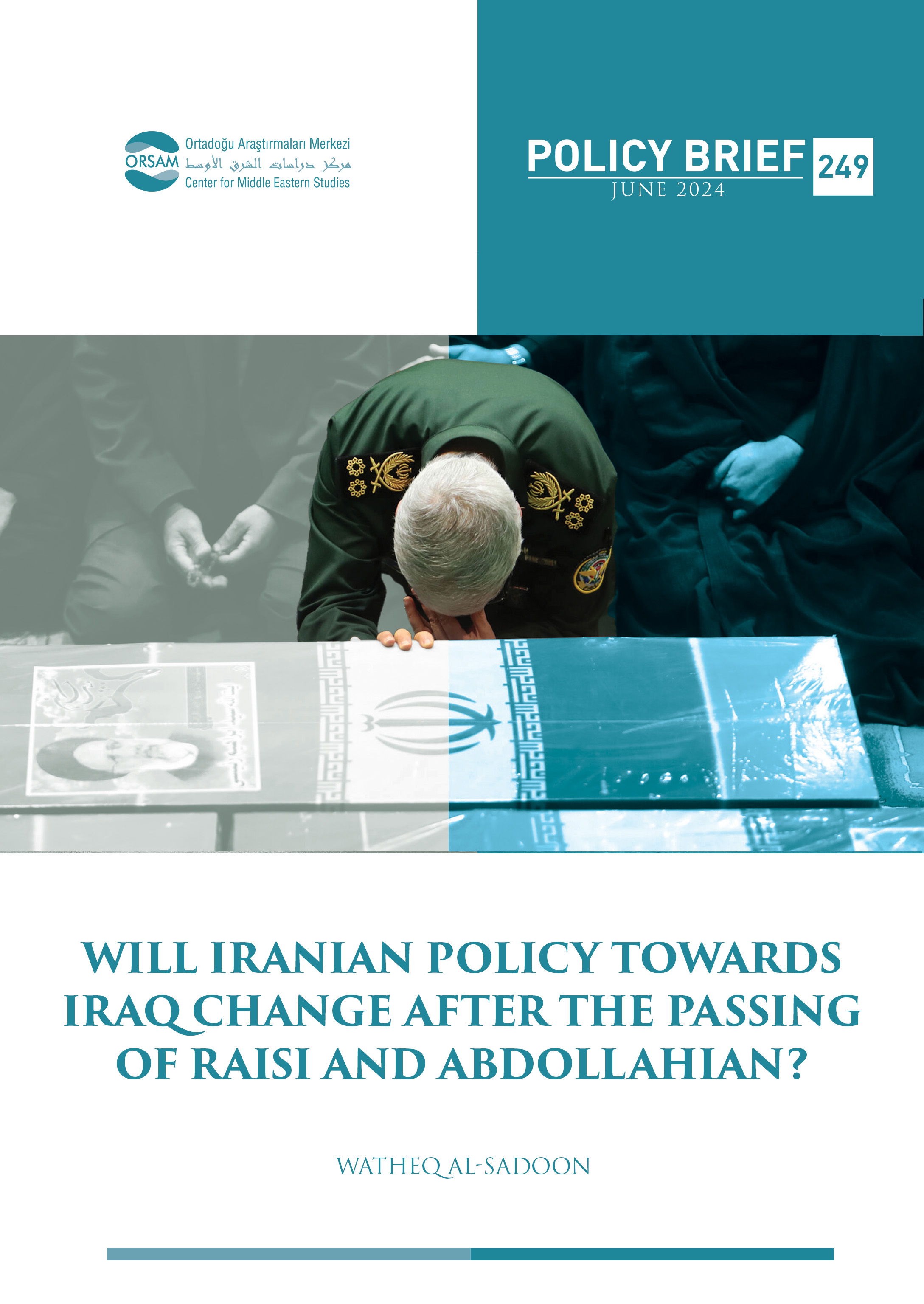
Biden's Iraq policy: Rehabilitating US-Iraq relations for the world of post-Ukrainian war
Observers following the USA's policies towards Iraq during President Joe Biden’s term will realize that there are new dynamics in the nature of relations between the two countries. This has become even more evident after the new US ambassador, Alina Romanowski, who took office in June 2022, was appointed to her post in Baghdad. Romanowski was appointed to this post after decades of working closely with the United States in the areas of intelligence, counterterrorism, defense, and foreign affairs and dealing closely with Middle Eastern affairs. Currently, Romanowski oversees most US diplomatic activity in Baghdad. Indeed, since the establishment of the current Iraqi government in October 2022, Romanowski has met with Prime Minister Mohammed Shia al-Sudani 10 times and held dozens of meetings with most of his cabinet members, including ministers responsible for security.
The statements made by the parties after each meeting, create a positive and optimistic atmosphere about the future of US-Iraq relations. However, the current Iraqi government is, in practice, the government of the “Shiite Coordination Framework,” and this alliance is composed of political forces defined as being close to Iran. Of course, in this government, there are also ministers from Kurdish and Sunni political forces who have come to terms with the Shiite Coordination Framework for the formation of the current government and who are in a broader coalition. The broader coalition, called the State of Law, was formed to add diversity to the cabinet on the one hand and to implement the “quota” system on the other. However, the decision-making process is in the hands of the Shiite Coordination Framework Alliance.
This change and the momentum of US diplomacy in Baghdad, as well as these positive “images” in the course of US-Iraq relations, came after the difficult time for American diplomatic missions to stay and work in Baghdad during the term of former US Ambassador Matthew Tueller. At that time, the USA had to move the majority of its embassy staff to the US Consulate in Erbil, Northern Iraq, due to the increasing security threats to the lives of its employees towards the end of 2020. So much so that at that time, rocket attacks were carried out around the Embassy building by Iran-backed groups as part of an armed and political campaign against the US presence and interests in Iraq. This campaign was launched by Iranian-backed armed political groups after the deaths of Iranian General Qassem Soleimani and Deputy Chairman of the Popular Mobilization Committee Abu Mahdi al-Muhandis, who were killed by an American airstrike near Baghdad Airport on January 3, 2020.
It is noteworthy that this positive opening in diplomatic relations between the USA and Iraq took place during the tenure of Ambassador Romanowski, who adopted a tough stance towards Iran and its policies in the region. Earlier, Romanowski delivered a “stern” speech to the Senate Foreign Relations Committee on October 31, 2019, before being appointed as the US Ambassador to Kuwait (her last assignment before becoming the US Ambassador to Iraq). In the speech, Romanowski said, “Iran, through its proxies, has sown seeds of violence against US allies and interests in the Middle East and beyond… Iran seeks to destabilize the entire region by supporting the Houthis in Yemen, the Bashar al-Assad regime in Syria, and Hezbollah in Lebanon.”
How do we understand this shift in the nature of US-Iraq relations? What are the hypotheses and theoretical frameworks that help us explain this transformation? What are the main features of Biden's policy on the Iraq issue?








